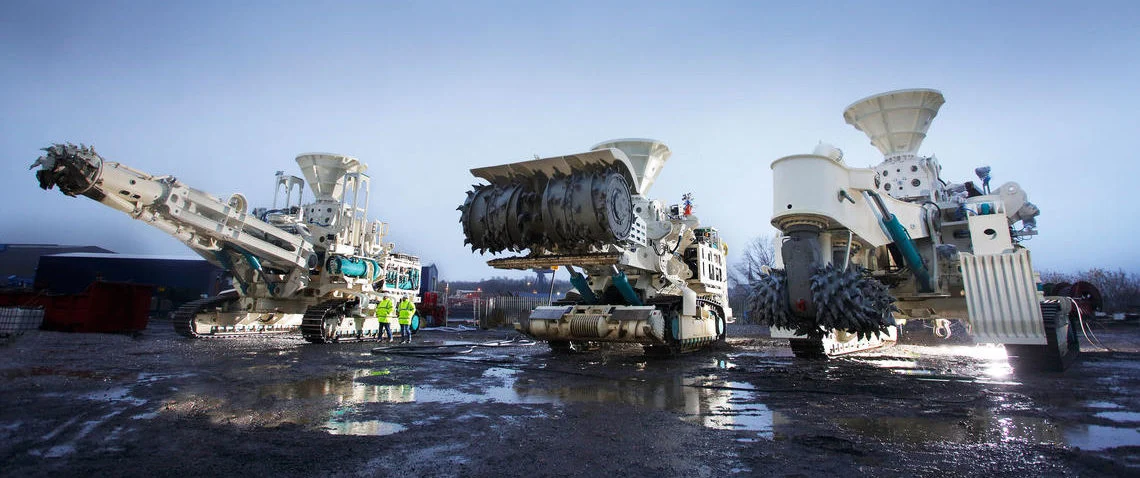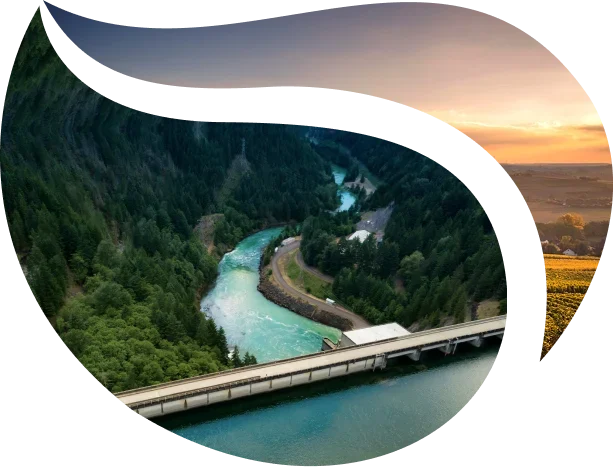
In June of 2021, the country of Nauru invoked the “two-year rule” of the International Seabed Authority (ISA), the intergovernmental body tasked with governing the mining of minerals in international waters. In doing this, they have expressed their intent to apply for an exploitation permit in the summer of 2023, giving the ISA two years to complete its mining regulations. After years spent crafting this rulebook, it finally has a deadline; the possibility of seabed mining commencing is more imminent than ever before.
Proponents of seabed mining often cite the need for seabed minerals in order to manufacture clean energy technologies like electric vehicle batteries. However, significant gaps still exist in scientists’ understanding of the ecological impacts of seabed mining. Opponents of mining say that it needs to be delayed until scientific understanding is sufficient to guarantee that catastrophic environmental impacts will not result.
2021 conference speakers discussed various elements of this debate, including:
- The ecology of the seabed and gaps in our current knowledge of seabed mining’s environmental impacts;
- Recent calls for a moratorium from grassroots organizations, NGOs, and corporations;
- Current governance issues related to the International Seabed Authority, including the two-year rule and the viability of a moratorium;
- The possibility of addressing the climate crisis without mining the deep seabed; and
- Perspectives and activities from the U.S. Department of State.
